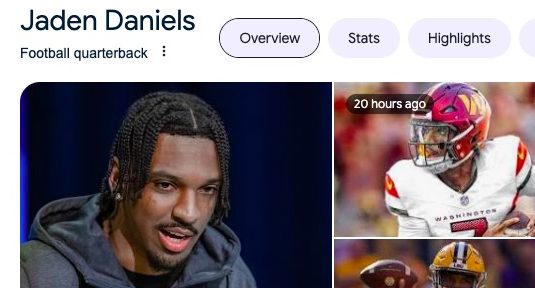The Diamond Sports Group (majority owned by Sinclair), which operates the 19 Bally Sports RSNs, has pushed one step closer to a bankruptcy filing. But they haven’t gotten there quite yet. As we discussed in late January, the company had been considering skipping a $140 million interest payment due in February, which would start a 30-day grace period clock before requiring a bankruptcy filing if the payment wasn’t made. Reports last week suggested they might instead go straight to a Chapter 11 bankruptcy filing, but the company has instead opted for the non-payment and grace period at this point. Here’s a statement they released Wednesday, via Chelsea Janes of The Washington Post:
Diamond Sports Group, operators of Ballys Sports and owners of full broadcast rights to 14 MLB teams, announces it will enter a 30-day grace period to determine its future as it misses an interest payment due today. Potentially step on road to to declaring bankruptcy. pic.twitter.com/mv1jZsmNSb
— Chelsea Janes (@chelsea_janes) February 15, 2023
While that statement includes talk of “potential strategic alternatives,” John Ourand of Sports Business Journal reported that Diamond is still expected to file for bankruptcy, just on March 15:
Diamond Sports, the owner of Bally-branded RSNs, is expected to file for bankruptcy protection on March 15.
SBJ's story: https://t.co/EjLbAo2mn8
— John Ourand (@Ourand_Puck) February 15, 2023
An outright bankruptcy filing would certainly be concerning for the many teams that have their local rights with Bally Sports networks, including 14 MLB teams (only five on Bally Sports+, though), 16 NBA teams (including the Dallas Mavericks, whose on-stanchion Bally Sports ad is seen at top), and 12 NHL teams. However, there’s some logic to the statement’s “expect that business will continue as usual,” at least for now. Even a bankruptcy filing won’t necessarily stop rights payments to teams, especially through the first few months of organizational restructuring (which are expected to see key debtholders take over equity and then look to sell the networks; those networks would likely be more attractive for sale if they maintained their rights). And, as Sportico’s Anthony Crupi wrote this week, advertisers are still buying airtime on these local MLB packages:
Advertisers that have bought in-game MLB inventory on Sinclair Broadcast Group’s 19 owned-and-operated regional sports networks are largely sticking with their spring commitments, according to multiple industry sources and marketing execs. While some Bally Sports sponsors have expressed understandable misgivings over the future of Sinclair/DSG’s RSN holdings, the money invested on spring baseball is staying put—at least for the time being.
In the face of such uncertainty, much of this tenaciousness has its roots in a shared belief that the networks will continue to operate in their usual fashion regardless of what goes down in the courtroom. A Midwest retail exec (and baseball booster) said advertisers are more or less agnostic when it comes to ownership of the local sports channels, noting that sponsors don’t particularly care who runs the RSNs, so long as the checks clear.
“We’re heading into baseball season like it’s business as usual,” the retailer said. “We’ve been given every assurance that the channels will operate regardless of the legal activity.”
And the grace period move rather than a full bankruptcy filing at the moment is perhaps reassuring that the channels will maintain some semblance of normal operation for longer, as this delays the clock on that filing. But there still could be big changes ahead following a full bankruptcy filing, and there’s a lot that’s uncertain about what structure will emerge from a bankruptcy filing; the idea of teams and/or leagues taking some ownership in the overall entity in lieu of some of what they’re owed has even been bandied about. And a full sale of Diamond post-bankruptcy could lead to even more changes, depending on who buys it. So leagues and teams doing business with Diamond will definitely be watching these proceedings closely, even if on-air changes don’t currently appear imminent.
[Sports Business Journal, Sportico; photo from Jerome Miron/USA Today Sports]







